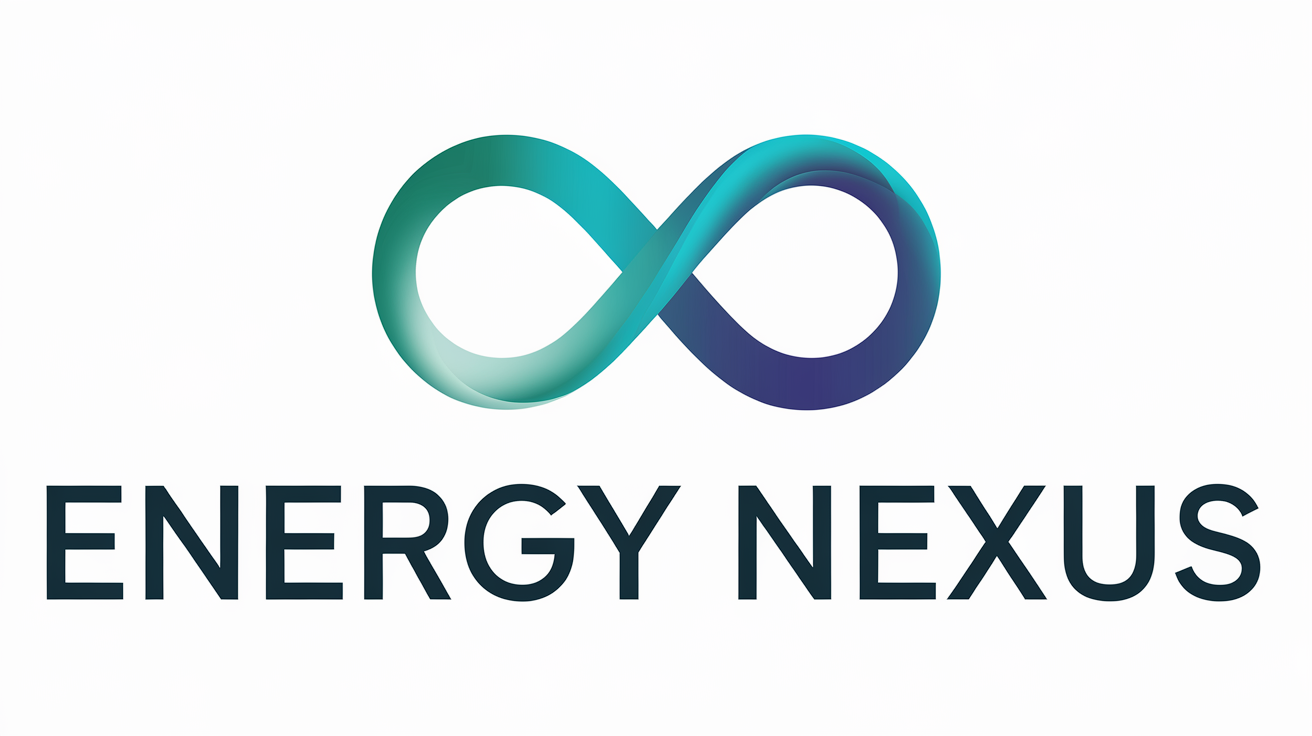Renewable Energy Feasibility Studies
Description:
This consulting service focuses on conducting in-depth assessments to evaluate the potential for implementing renewable energy solutions—such as solar, wind, hydro, and biomass—at a specific location or within a particular industry. The feasibility study involves analyzing several critical factors, including:
- Environmental factors: Weather patterns, geographic features, and natural resources available in the region.
- Resource availability: Assessing the potential for energy generation from renewable sources, such as solar irradiation, wind speeds, water flow for hydropower, or available biomass.
- Energy demand: Estimating current and future energy needs to ensure the renewable project can meet consumption demands.
- Technical viability: Examining whether the technology is suitable for the site and the project goals.
- Financial considerations: Creating financial models to analyze costs, potential savings, and return on investment (ROI), as well as identifying funding opportunities like government subsidies, grants, or private investments.
- Regulatory and legal requirements: Understanding local energy policies, permits, and incentives to ensure compliance and maximize benefits.
This study helps clients make informed decisions on whether to proceed with a renewable energy project by providing a comprehensive understanding of its economic, environmental, and technical feasibility.
Target Customers:
-
Government Agencies:
- Why: Governments are often tasked with implementing large-scale renewable energy projects to meet national or regional energy transition goals and reduce greenhouse gas emissions. A feasibility study helps government agencies identify the most suitable locations, technologies, and funding mechanisms to achieve energy targets.
- Examples: National energy ministries, local municipal governments, and public infrastructure agencies working on renewable energy installations for communities or critical infrastructure.
-
Industrial Clients:
- Why: Industries with high energy consumption are looking for ways to reduce their carbon footprint, energy costs, and dependence on fossil fuels. Conducting a renewable energy feasibility study helps these clients understand the potential to integrate renewable energy sources into their operations, reduce energy costs, and meet sustainability targets.
- Examples: Manufacturing plants, mining operations, large-scale agricultural operations, and logistics companies with significant energy demands and sustainability goals.
-
Real Estate Developers:
- Why: Developers aiming to build eco-friendly and sustainable projects need to understand the potential for incorporating renewable energy systems such as solar panels, wind turbines, or geothermal systems into their buildings. A feasibility study ensures they select the most cost-effective and impactful energy solution, enhancing property value and reducing long-term operational costs.
- Examples: Developers of commercial real estate, residential green building projects, and mixed-use developments that prioritize sustainability and energy efficiency.
-
NGOs Focused on Rural Electrification:
- Why: Non-governmental organizations (NGOs) working to improve energy access in remote or underserved areas require expert guidance on the most viable renewable energy options for these communities. Feasibility studies can assess whether solar, wind, or biomass solutions would provide the most effective and sustainable energy supply, ensuring long-term success and impact for rural electrification projects.
- Examples: NGOs focusing on poverty alleviation, energy access, rural development, or environmental conservation, particularly in developing countries or remote regions where traditional grid access is not feasible.
This service empowers key decision-makers in various sectors to make data-driven choices on renewable energy investments, ensuring successful project outcomes that are environmentally sustainable, economically viable, and technically sound.
